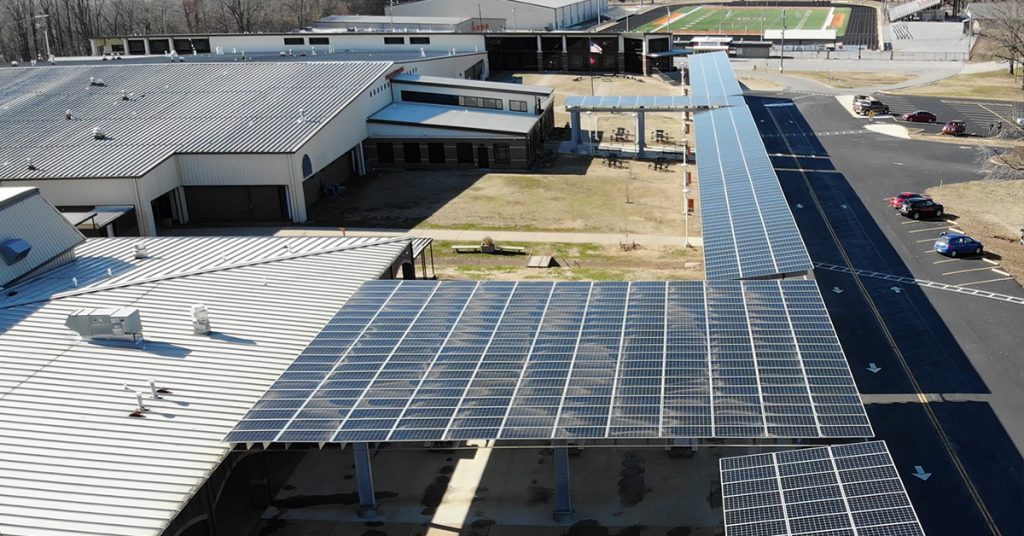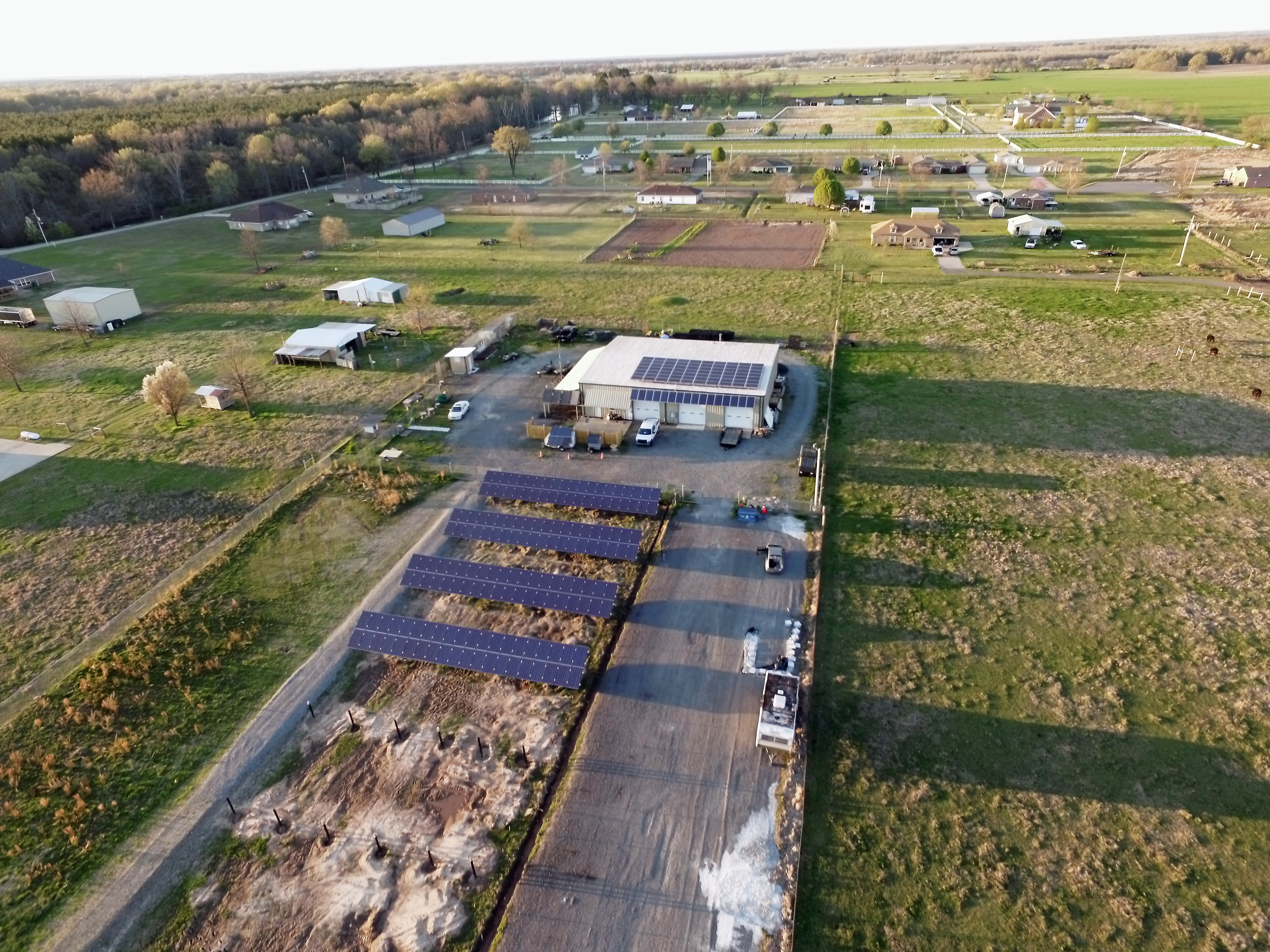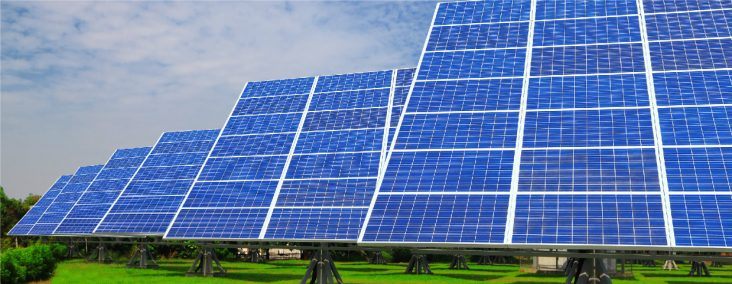
The easiest way to understand how the new Clean Energy Credit might apply to you is to get in touch with your local Clarksville solar panel company. More information about the new Inflation Reduction Act can be found here. The expansion to the program also makes it easier to get credit for energy storage systems, starting in 2023. The percentage will then begin to decrease on a yearly basis until the Clean Energy Credit expires in 2035.

Homeowners can now receive a credit of 30% of the total solar system installation costs for projects started after Januand completed before the end of 2032. It's also now called the Clean Energy Credit. The ITC was both renewed and expanded by the passage of the Inflation Reduction Act in August 2022. Your local Clarksville solar panel installation expert can provide you with more information about the ITC and how it may apply to your situation. The residence must be owned by you and in the United States. The ITC applies to solar panels installed after Januon your primary or secondary residence. There is no maximum amount you can claim. The cost of installation includes the panels themselves as well as the cost of accessories, labor and equipment. The percentage you qualify for will depend on when your solar system was installed. The ITC originally covered 30% of the cost of installing solar panels, although it has fluctuated slightly over the last few years between 26-30%. This is a tax credit that reduces your taxes by a specified percentage of the money you spend installing solar panels. You've likely heard of the Federal Solar Investment Tax Credit, or ITC. You may receive either a dollar-for-dollar credit or a percentage of the value.įederal incentives are the kind of incentives that you are most likely to have some knowledge of. This allows you to receive credit towards your monthly utility bill for the value of excess energy generated by your solar panels.

Counties or states will also offer limited-time rebates at various times.



 0 kommentar(er)
0 kommentar(er)
